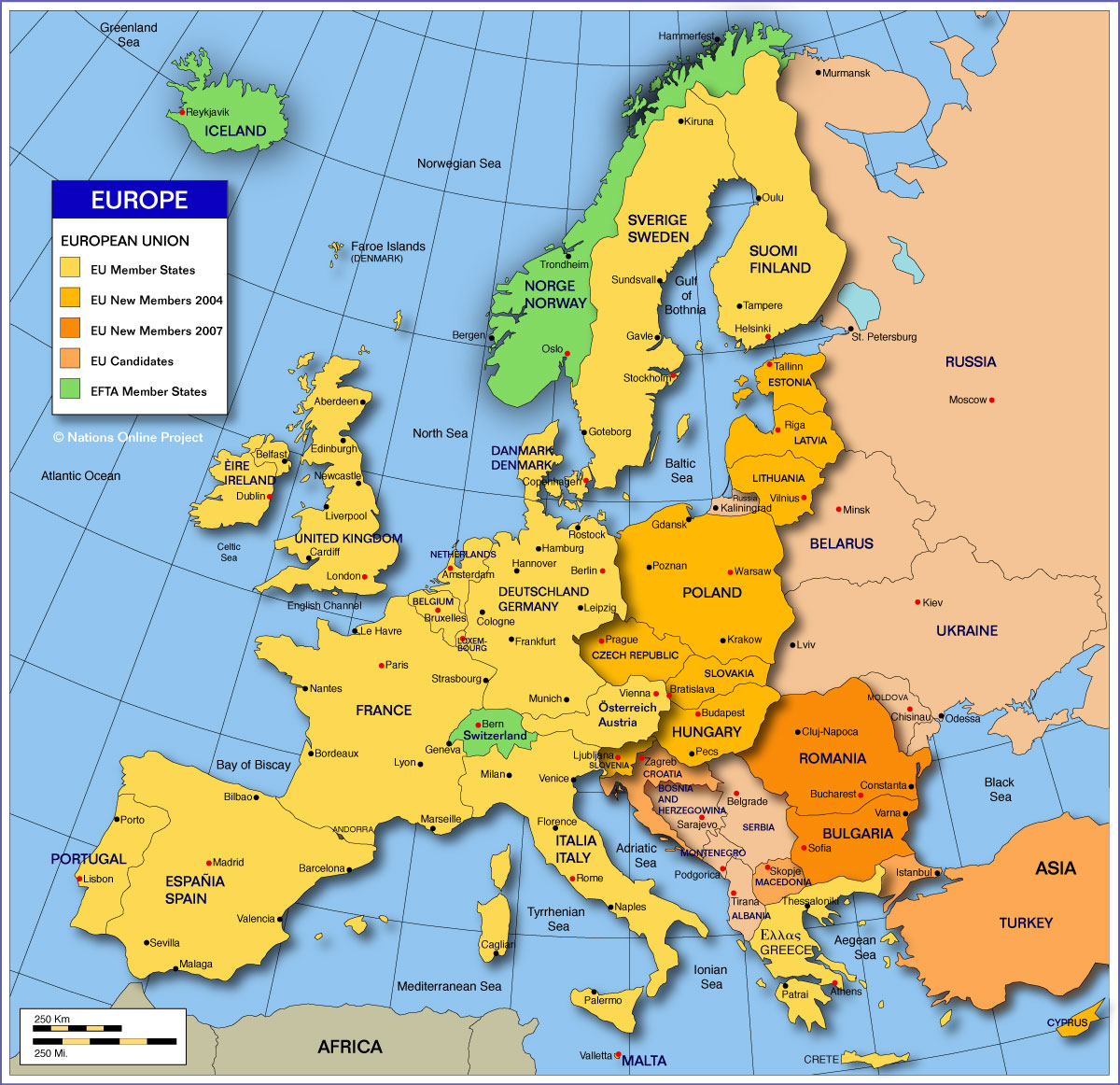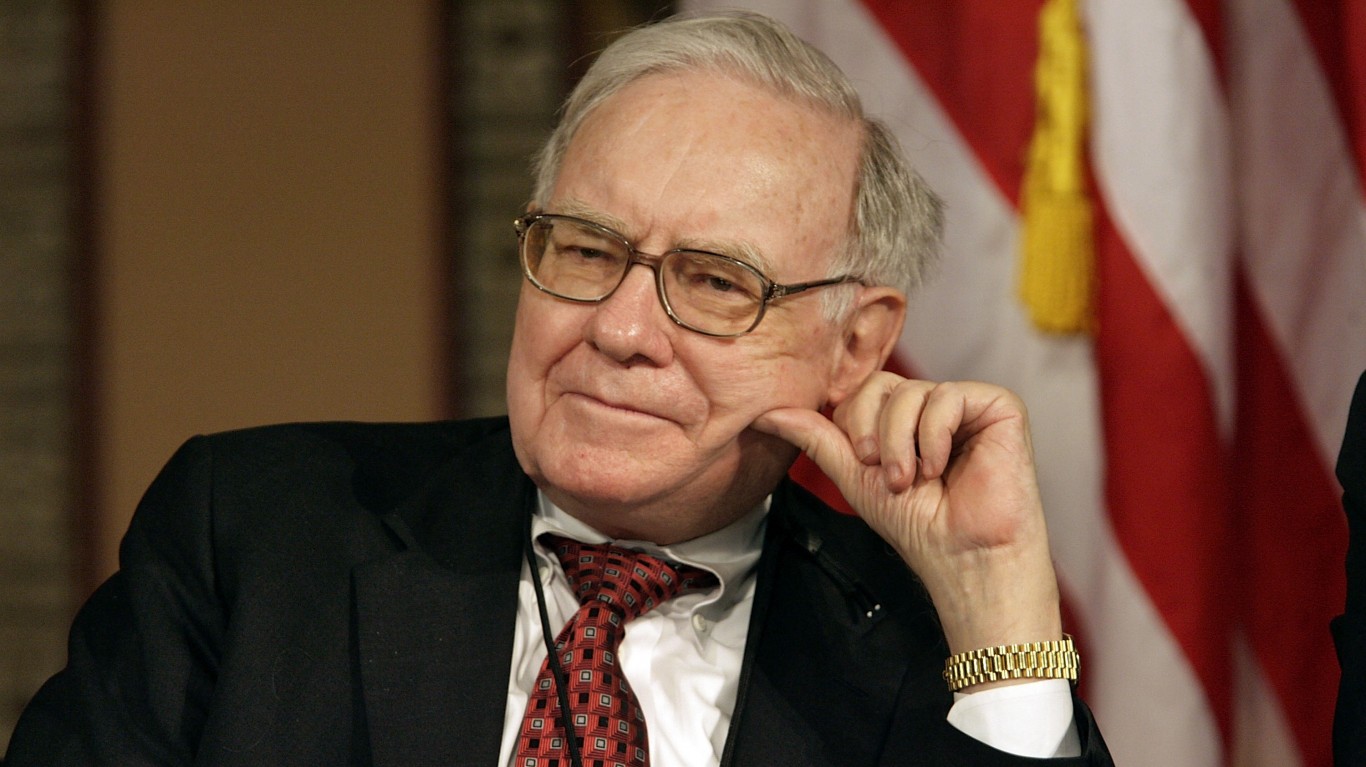Research firm Markit set final numbers for Europe’s PMI. The index for September rose to 46.1, from 45.1 in August, and was revised up from a preliminary estimate of 46.0. But a figure below 50 indicates a contraction. And, in this case, the contraction is severe. The awful movement of cause and effect in Europe’s economy means that exports have slowed, consumer spending has been crippled and trade between nations in the region has fallen.
The numbers should have an effect on the policy plans of the European Union, International Monetary Fund and European Central Bank as regards pressure for austerity budgets among Europe’s weaker nations, and cause at least modest concrete interest in stimulus for these economies. But nothing in the policy plans of the three organizations that control the bailout of the region’s troubled countries will change. There is already plenty of evidence that factory activity and most other indications of national financial health have crumbled across Europe. In the past two days, Greek officials have said its gross domestic product will drop at a faster-than-expected rate, and Spanish politicians have said their 2013 deficit will be above projections. Data that show that a terrible recession already has begun have not caused an even tiny change in bailout policy.
It is hard to imagine that the runaway train of Europe’s economic trouble has not helped tip the scale of relief plans toward suggestions led by France that weak nations need some aid. With Germany out in front, the belief that budget cuts will solve trouble continues to prevail. There was some brief hope that the ECB would circumnavigate Germany’s resistance. But the bank said it will only buy sovereign bonds of desperate nations if they agree to bailout terms set by the EU. And the EU continues to make those terms confining and not part of a liberal investment of capital to prime the region’s economic pump.
Each month, the numbers which show PMI, GDP and unemployment in Europe get worse. But none of this has changed bailout plans in any significant way.
Douglas A. McIntyre
Cash Back Credit Cards Have Never Been This Good
Credit card companies are at war, handing out free rewards and benefits to win the best customers. A good cash back card can be worth thousands of dollars a year in free money, not to mention other perks like travel, insurance, and access to fancy lounges. See our top picks for the best credit cards today. You won’t want to miss some of these offers.
Flywheel Publishing has partnered with CardRatings for our coverage of credit card products. Flywheel Publishing and CardRatings may receive a commission from card issuers.
Thank you for reading! Have some feedback for us?
Contact the 24/7 Wall St. editorial team.



